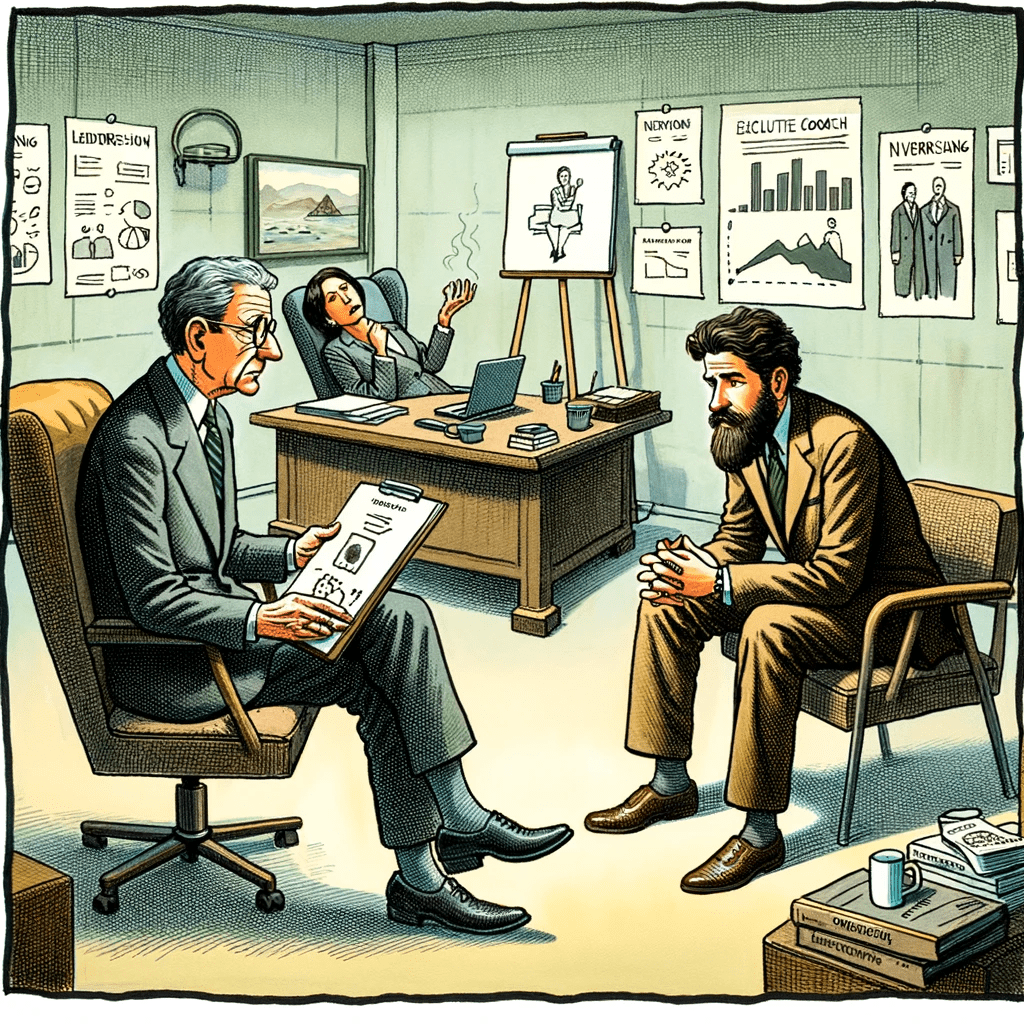
The Role of Executive Coaches in Fostering Transformative Leadership
Executive coaches play a pivotal role in shaping the leaders of today and tomorrow. This blog post delves into the transformative journey of leadership development through the lens of executive coaching. Drawing from extensive research and real-world case studies, we explore how executive coaches contribute to the development of effective leadership skills and strategies, emphasizing the transformative impact of this journey.
The Evolution and Impact of Executive Coaching
Executive coaches have been instrumental in the evolution of coaching as a dynamic and innovative practice in leadership development. Studies by Abravanel and Gavin (2017) provide insights into how coaching has adapted over the years, shifting from traditional management techniques to more personalized and growth-oriented methods.
Athanasopoulou and Dopson’s (2018) research on coaching outcomes highlights that the journey is often more significant than the destination. This perspective emphasizes the transformative process leaders undergo with the guidance of coaches, leading to significant personal and professional growth.
Coaching in Leadership Development
The relationship between leadership coaching and leadership development is central to understanding its impact. Research by Ardichvili, Natt och Dag, and Manderscheid (2016) delves into the role of leadership coaches in fostering leadership skills and strategies, demonstrating the vital role they play in leadership development.
In their systematic review of business coaching, Blackman, Moscardo, and Gray (2016) underscore the complexities and nuances in this field. Their findings are crucial for both coaches and leaders, providing a deeper understanding of coaching dynamics in a business context.
Neuroscience and Emotional Engagement in Coaching
The neuroscience behind coaching, explored by Boyatzis and Jack (2018), reveals how executive coaches can influence brain function and behavior. Additionally, research by Boyatzis, Rochford, and Taylor (2015) on the role of positive emotional attractors in coaching highlights their importance for effective leadership and engagement, further emphasizing the unique role of coaches.
The Working Alliance Between Coaches and Executives
The concept of the working alliance, as discussed by Bozer and Jones (2018), is crucial in the coach-executive relationship. Their work on behavioral factors in coaching underlines the importance of this dynamic in determining the effectiveness of the coaching process.
Bozer, Joo, and Santora (2015) also examine coach-executive matching based on similarity, challenging conventional beliefs about this aspect of the coaching relationship.
Coaching as a Catalyst for Change
In conclusion, executive coaches are key to facilitating a transformative journey that extends beyond skill enhancement. Their role is pivotal in fostering a profound change in perspectives, approaches, and leadership styles. For leaders and executives aiming to embark on this transformative journey, engaging with seasoned executive coaches can be an invaluable step towards personal and professional development.
For further exploration into the world of business and leadership coaching and its transformative impact, CO2 Coaching offers expert guidance and personalized coaching strategies. Executive coaching is not just a professional investment; it’s a journey towards becoming a more effective and impactful leader.
